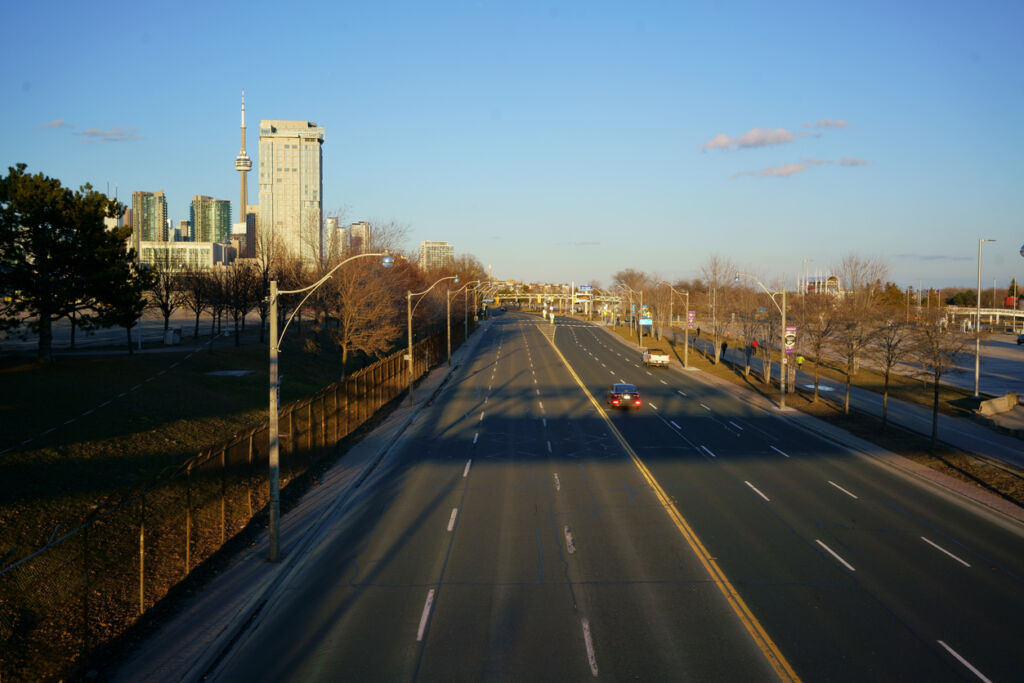IN AN OCTOBER 2019 TEDxToronto talk I delivered, I shared the idea of a framework for social reform aimed at realizing racial justice by transforming the violent relationship between Canada’s Black communities and Canada’s systems of policing and incarceration. I called it the Sankofa framework.
I conceptualized the Sankofa framework before the outbreak of COVID-19 upended life in Canada. However, after a year of seeing the racially-lopsided impacts of the pandemic in Canada I think that the framework I proposed in my talk is ripe for reconsideration. More than that, I believe that the Sankofa framework can
be leveraged to conceptually ground Canada’s governmental responses to the racially disadvantageous social outcomes being produced and exacerbated by COVID-19 in Black communities. In particular, the Sankofa framework helps demonstrate the need and value of the federal government, along with the provincial governments with sizable Black populations (such as, Ontario, Quebec, Nova Scotia and Alberta) to take steps to establish ministries of African Canadian affairs within their respective jurisdictions. These government offices would be responsible for supporting and enabling an efficient, culturally responsive, and community-driven approach to COVID-19 containment among Black communities.
It can be reasonably argued that an important part of why we continue to see elevated rates of COVID-19 infections among Black communities is because Canada is without a well-resourced, co-ordinated, multi-level government response to the particular impacts of COVID-19 on Black communities. In order to sufficiently address COVID-19’s racially slanted effects on Canada’s Black communities, government offices of African Canadian affairs are needed to facilitate an effective COVID-19 response and recovery within and across provincial boundaries in Canada. To be effective, this kind of culturally appropriate COVID-19 response and recovery strategy would need to be driven, developed and delivered by individuals with lived and/or professional expertise in the complex social realities of being Black in Canada. The attendant offices of government would be well-positioned to help facilitate this by supporting service coordination, organizational co-operation and collaboration, information sharing and general resource sharing and pooling.
In the language of the Akan people of West Africa, “Sankofa” translates to, “to reach back and get it.” Sankofa, then, stands for the idea that for a community to actualize a positive collective future, it must learn from and be informed by its past. I leveraged this principle to name the framework for social reform I proposed because I believe social transformation for Black communities will only be achieved once people, politicians and public policy-makers of all walks realize that Black people tend to experience better outcomes the more they have authority, ownership and control over the systems and circumstances that impact their lives. In my talk, I recalled the slogan popularized by the global disability rights movement, “nothing about us, without us”, as a way to capture the spirit of the Sankofa framework for social reform.
The Sankofa can be broken down into two parts. The first calls for identifying and dismantling government policies and practices that have perpetuated anti-Black racism. Sankofa encourages a practice of taking what’s been learned from failed approaches to ultimately reimagine and reconstruct laws, policies, practices, institutions and systems of social well-being. The second part of the Sankofa framework is solutions-focused: it calls for us to prioritize culturally-responsive solutions that are developed by Black people for Black people.
In my original pre-pandemic talk, I focused this change on being fostered and facilitated by reallocating public funds that currently go into policing to institutions that support community well-being for Black residents in the areas employment, entrepreneurship, education, housing, health care, child care, arts, culture and leisure. I argued that these broader services get to the root of effectively lowering crime and violence in a way that putting more cops in communities never will.
I now believe that the Sankofa framework for social reform could be used to support the development and delivery of a nationally integrated, intergovernmental COVID-19 response and recovery strategy that is conceived and directed by community members and experts from Canada’s diverse Black communities.
Having offices of African Canadian affairs at the federal level and across provinces would serve to better support Black communities through this punishing pandemic. It would also advance the creation of stronger and long-overdue institutions of government focused on how to best support the community well-being of Black people in Canada, which was already chronically compromised for decades before the pandemic. In sum, the Sankofa framework for social reform that I’ve proposed can help guide politicians and policy-makers towards solutions that don’t just work for Black communities impacted by COVID-19, but work with them.







